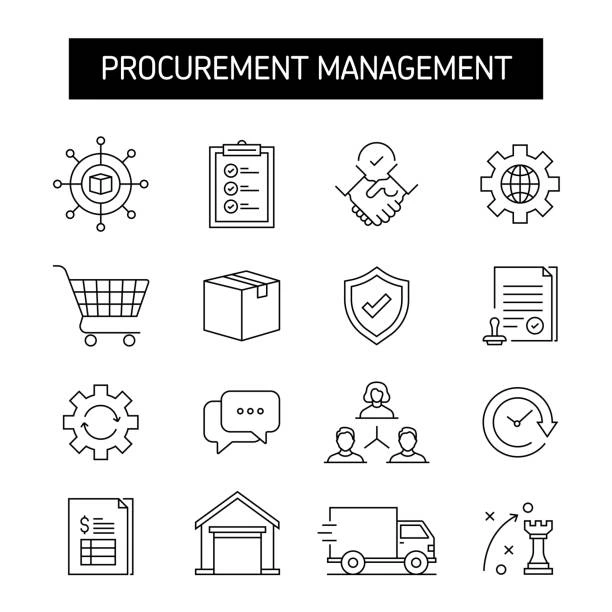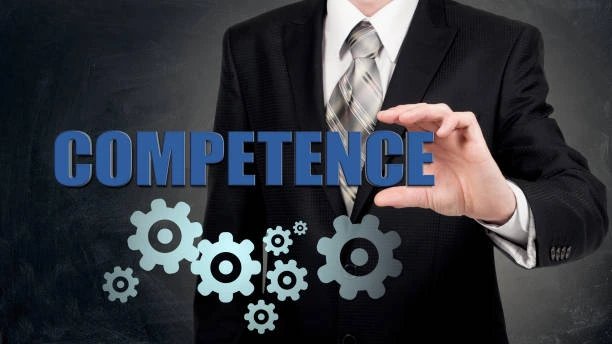Course Overview
Negotiation is one of those under-rated management skills that has become increasingly essential in business and organizations of all kinds. At once, it can be a great reputation enhancer (when the negotiator appears to achieve the “impossible”) but it can also bring the direct opposite if deals fail – or results do not reach the organisation’s expectations.
This training course provides an essential insight into deal-making strategies that can help bridge the gap between “barely acceptable” and a “winning result”. In a “no risk” environment, participants will learn from an acknowledged leader in the field, returning to work with a clear personal action plan for their continuing development.
Course Duration
5 Days
Who Should Attend
- Business professionals involved in negotiations
- Managers and team leaders
- Sales and purchasing professionals
- Project managers
- Legal professionals
- Entrepreneurs and business owners
- Anyone looking to improve their negotiation skills
Course Objectives
By the end of this course, participants will:
- Understand the fundamentals of negotiation and the key principles that drive successful outcomes.
- Identify different negotiation styles and approaches, and determine the most effective style for various situations.
- Develop strategies for preparing and planning for negotiations, including setting objectives and understanding the interests of all parties involved.
- Enhance communication skills to effectively articulate needs, listen actively, and build rapport with counterparts.
- Apply techniques for managing and resolving conflicts during negotiations to maintain positive relationships.
- Utilize tactics for closing deals and ensuring mutually beneficial agreements.
- Gain confidence in handling complex negotiations and overcoming common challenges.
Course Outline:
Module 1 - The Why and How of Negotiation
- Personal impact factors contributing to the ability to persuade and convince others
- Nine widely used techniques to build personal influence
- Alternatives to negotiation – saving time and money
- Common reasons for poor negotiation agreements
- Profile of the skilled negotiator – and how to achieve this status
- Cultural and international aspects – and how negotiations may be affected
- Vital phases for a successful negotiation activity – how to achieve excellence
- Planning objectives – thinking about movement, the case and the other party’s limitations and motives
- Practical negotiating “one-to-one”
- Personal assessment through the power of observation – giving and receiving feedback
Module 2 - How to “Bridge the Gap” and Handle Obstacles
- Building flexibility into Proposals
- Opening gambits – starting a negotiation and creating an appropriate atmosphere
- Methods of creating (and destroying) trust
- Needs analysis – the way of underpinning or diluting power
- Eight tactics to help progress the agreement
- Using concessions – without expressing weakness
- Establishing the bargaining atmosphere
- Analyzing power in bargaining – dependency and relationships
- How to break an impasse?
- Factors that affect perception in negotiation
- Practical negotiating in pairs – hazards and advantages
- The power of observation – giving and receiving feedback
- A personal inventory of interactive and persuasion skills
Module 3 - Negotiating Through Conflict Situations
- Push/pull styles of communication and persuasion – which do we use?
- Coping with stereo-typical behavior – how salespeople and buyers are trained in avoiding “deal-busters”
- Non-verbal communication – reading, analyzing and causal behavior
- Facilitating the use of problem-solving approaches
- Positional v. principle approaches to negotiation
- Patterns of conflict and counter-measures
- What to do when conflict is threatening – 5 approaches to handling it together with guidance on behavior for: our side, the opposition and methods of organization
- Setting new objectives in a changing environment
- Task v. People Centered negotiators – focus for activity
- Practical exercises of greater complexity
Module 4 - Team Negotiation Strategies in the “Real” World
- Roles in a team – selection and organization
- Individuals and their needs
- Best practice – team size and control factors
- Effective goal-setting and team strategy
- Team negotiation – advantages and constraints
- Methods of creating commitment and team cohesion
- Opportunities for competitive behavior
- The psychological “game” – using/avoiding deeper influencing skills and discomfiting tactics in longer term relationships
- Forming and changing the team – effects on strategy and results
- Practical exercises of greater complexity
Module 5 – Skilled Negotiators Learn from Experience
- Achieving personal and organizational success
- Techniques for ensuring transfer of learning to the “real” world
- Self-improvement factors – e.g. concentration, attention, listening, focus
- Scaling results – through the personal diary
- Personal tactics – from “shopping list agenda’s to broad front negotiation
- How to learn from opponents and organizations
- Continuing development through personal action plans and personal checklists
Customized Training
This training can be tailored to your institution needs and delivered at a location of your choice upon request.
Requirements
Participants need to be proficient in English.
Training Fee
The fee covers tuition, training materials, refreshments, lunch, and study visits. Participants are responsible for their own travel, visa, insurance, and personal expenses.
Certification
A certificate from Ideal Sense & Workplace Solutions is awarded upon successful completion.
Accommodation
Accommodation can be arranged upon request. Contact via email for reservations.
Payment
Payment should be made before the training starts, with proof of payment sent to outreach@idealsense.org.
For further inquiries, please contact us on details below:






